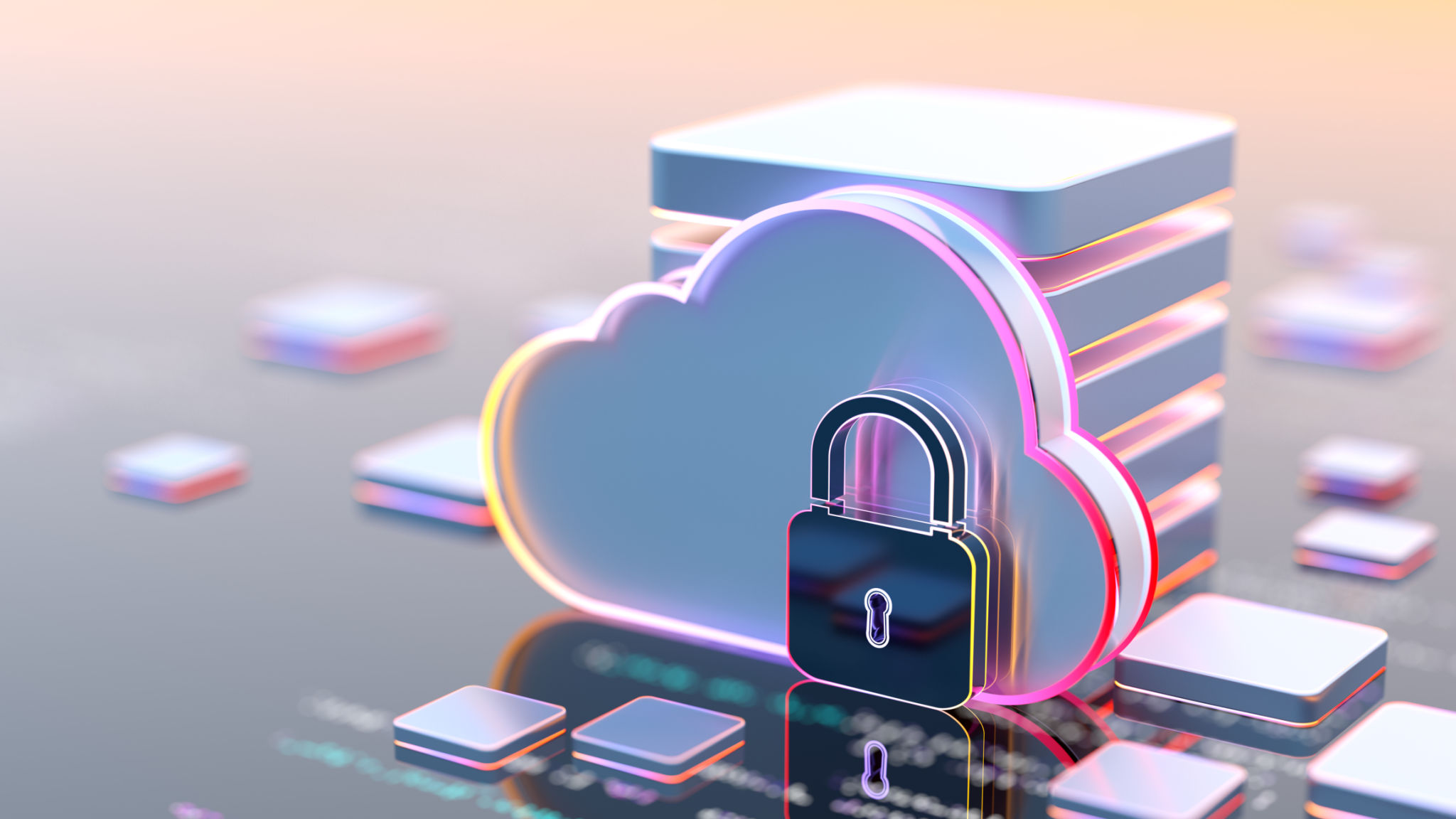How to Navigate GDPR and CCPA Compliance for SaaS Companies
Understanding GDPR and CCPA
The General Data Protection Regulation (GDPR) and the California Consumer Privacy Act (CCPA) are pivotal laws designed to protect consumer privacy. For SaaS companies, compliance with these regulations is not just a matter of legality but also a cornerstone of building trust with users. While GDPR is a European Union regulation, CCPA pertains to California residents, yet both have a global impact on how data is handled.
GDPR emphasizes data protection and privacy for individuals within the EU, requiring businesses to secure explicit consent from users before collecting personal data. CCPA, on the other hand, focuses on giving California residents more control over the personal information collected by businesses. Both laws demand transparency and accountability from companies.

Key Differences Between GDPR and CCPA
While GDPR and CCPA share similarities, understanding their differences is crucial for SaaS companies operating globally. GDPR requires a lawful basis for data processing, whereas CCPA allows consumers to opt-out of the sale of their personal information without needing prior consent.
Another significant difference is the scope of data covered. GDPR includes a broader definition of personal data, encompassing any information related to an identifiable person. In contrast, CCPA focuses more narrowly on information that identifies, relates to, or could reasonably be linked with a particular consumer or household.

Steps to Achieve GDPR Compliance
For SaaS companies, achieving GDPR compliance involves several key steps:
- Conduct a Data Audit: Identify what personal data you collect and process.
- Institute Privacy by Design: Ensure that data protection is integrated into your technology from the outset.
- Update Privacy Policies: Clearly communicate how user data is collected, used, and protected.
- Implement Data Subject Rights: Facilitate users' rights to access, rectify, or erase their data.
Navigating CCPA Requirements
To comply with CCPA, SaaS companies need to take specific actions:
- Provide Notice: Inform consumers about what personal information will be collected before or at the point of collection.
- Create Opt-Out Mechanisms: Establish ways for consumers to opt-out of the sale of their personal information.
- Offer Access and Deletion Rights: Allow consumers to request access to their data and delete it if desired.

The Importance of Regular Compliance Checks
Given the evolving nature of privacy regulations, regular compliance checks are essential for SaaS companies. These checks help ensure that your company remains aligned with both GDPR and CCPA requirements. Conducting periodic audits of your data practices can help identify potential gaps or areas for improvement.
Additionally, training your staff on data protection principles is vital. Employees should understand the importance of handling personal data responsibly and know how to respond to user requests regarding their rights under these laws.
Leveraging Technology for Compliance
Many SaaS companies find it beneficial to leverage technology in their compliance efforts. Tools designed for consent management, data mapping, and automated user request handling can significantly ease the burden of regulatory compliance. Investing in such technologies not only helps maintain compliance but also enhances user trust by demonstrating a commitment to privacy.
Ultimately, staying informed about updates to GDPR and CCPA regulations and adapting your practices accordingly will safeguard your business from potential fines and bolster your reputation as a trustworthy service provider.

